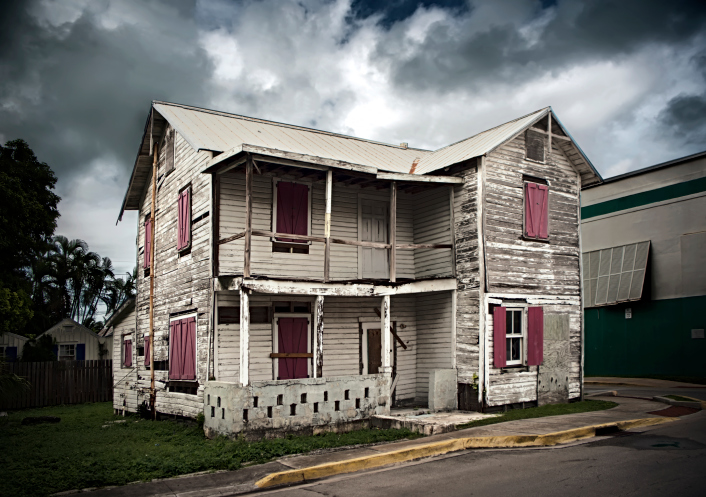 When you buy a home, you may have dreams of settling into a beautiful new space that meets your needs and that your family can feel comfortable in. While many will enjoy this vision of domestic tranquility after taking ownership of their dream home, others have had their dream turn into a veritable nightmare due to some simple mistakes or oversights on their part. By understanding these mistakes, you can avoid making them yourself.
When you buy a home, you may have dreams of settling into a beautiful new space that meets your needs and that your family can feel comfortable in. While many will enjoy this vision of domestic tranquility after taking ownership of their dream home, others have had their dream turn into a veritable nightmare due to some simple mistakes or oversights on their part. By understanding these mistakes, you can avoid making them yourself.
Paying Too Much For The Property
One the surface, the main cost of buying a home relates to the sales price, and it is true that your monthly housing payment may be the primary related expense. However, other expenses such as homeowners insurance, property taxes, repair and maintenance costs, utilities and more will all need to be factored into the cost of home ownership. Some buyers believe that because an online calculator or a lending professional tells them that they can afford a high priced home that it is the case. You can review your budget and estimate all related home expenses to determine how affordable a specific property is for you.
Finding Out That The Location Is Undesirable
There are many things that can make a location undesirable, and you should take time to become comfortable with the location before making an offer. Consider, for example, if the neighbors like to throw loud parties on the weekend or if there is a teen driver that likes to speed down the street. If you are buying a property with open land or vacant buildings around it, consider researching zoning, and think about future uses for these properties that could influence value and desire.
Discovering That Your Property Is In Bad Condition
Some home buyers discover after purchasing a property that it is not in the best condition, and some even learn that their home needs tens of thousands of dollars of repair work or more. Even properties that appear to be in great condition on the surface may have hidden issues with the foundation, structure, roof, pipes or electrical work, to name a few. You can order a property inspection to learn more about the true condition of a property.
These are among the most common issues that can turn a dream home into a nightmare. When you work with a local real estate agent when buying a home, your agent can help you to avoid unpleasant and costly mistakes such as these.
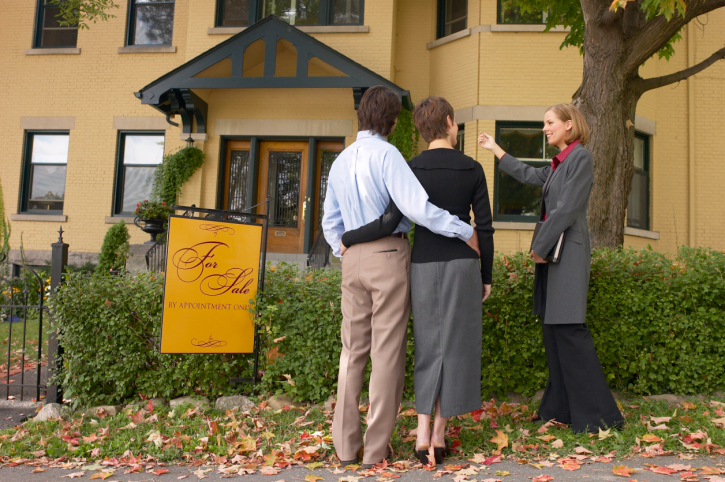 Whether you are preparing to purchase your first home or it has been many years since you last walked through the home buying process, you may be starting to feel overwhelmed at the thought of all of the work that lies in front of you. From concerns about finding the right home to the physical act of relocating all of your belongings after the closing, there is certainly a lot to think about. While each home buying transaction is unique, the most successful home buyers have typically adopted a few behaviors. You may keep these in mind to help you navigate through the process with success.
Whether you are preparing to purchase your first home or it has been many years since you last walked through the home buying process, you may be starting to feel overwhelmed at the thought of all of the work that lies in front of you. From concerns about finding the right home to the physical act of relocating all of your belongings after the closing, there is certainly a lot to think about. While each home buying transaction is unique, the most successful home buyers have typically adopted a few behaviors. You may keep these in mind to help you navigate through the process with success. Finding a proper mortgage loan and understanding the processing procedures behind the loan is the basis of good research. The down payment on a mortgage loan is typically significant when dealing with mortgage insurance.
Finding a proper mortgage loan and understanding the processing procedures behind the loan is the basis of good research. The down payment on a mortgage loan is typically significant when dealing with mortgage insurance.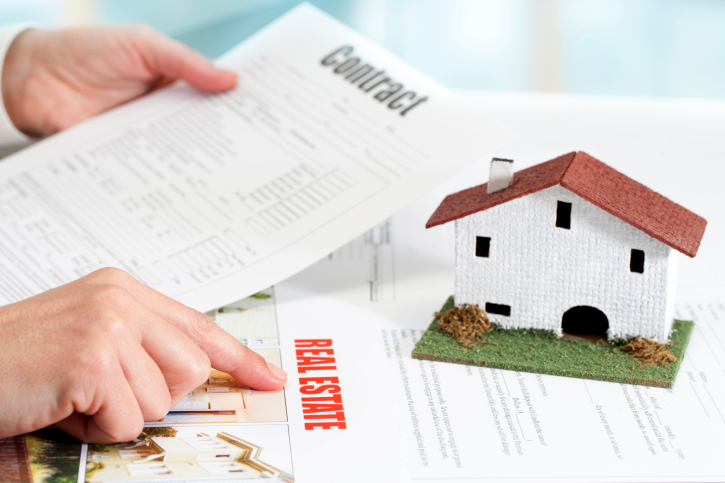 It can take a time and effort to find the perfect home to purchase. After you have found that home, you need to convince the seller that your offer is the one they want to choose. There may be multiple offers made at the same time, and you may be in a situation where you are competing for the home.
It can take a time and effort to find the perfect home to purchase. After you have found that home, you need to convince the seller that your offer is the one they want to choose. There may be multiple offers made at the same time, and you may be in a situation where you are competing for the home.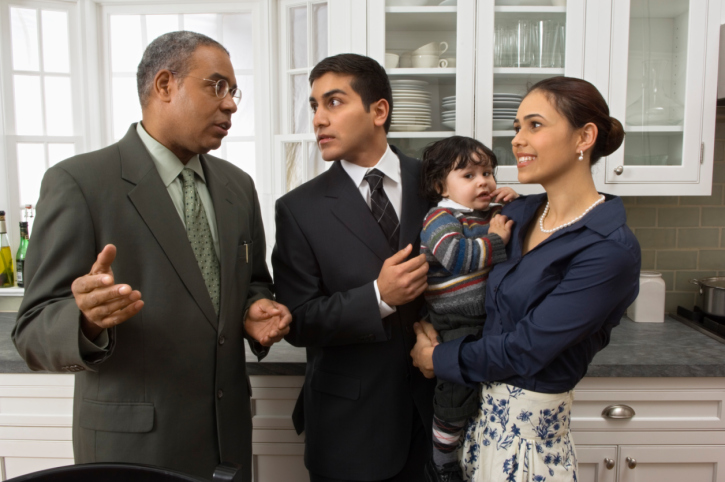 When people are looking at buying a home, there are a few common mistakes that first-time homebuyers make; however, there are mistakes that seasoned homebuyers make as well. What are the most common mistakes that people make when they are looking for a new home for the second or third time? There are a few key examples to keep in mind.
When people are looking at buying a home, there are a few common mistakes that first-time homebuyers make; however, there are mistakes that seasoned homebuyers make as well. What are the most common mistakes that people make when they are looking for a new home for the second or third time? There are a few key examples to keep in mind. 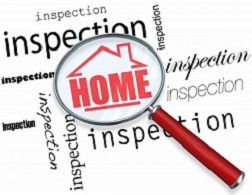 There’s a whole lot to learn when buying one’s first home, an investment that can bring joy, but sometimes, grief. A competent real estate agent can assist in locating those homes that meet the home buyer’s needs and can advise on factors such as market value of the home and neighborhood services. The agent will help the buyer through the negotiation and purchase process. But the buyer should take responsibility to make sure that the steps below are taken.
There’s a whole lot to learn when buying one’s first home, an investment that can bring joy, but sometimes, grief. A competent real estate agent can assist in locating those homes that meet the home buyer’s needs and can advise on factors such as market value of the home and neighborhood services. The agent will help the buyer through the negotiation and purchase process. But the buyer should take responsibility to make sure that the steps below are taken.